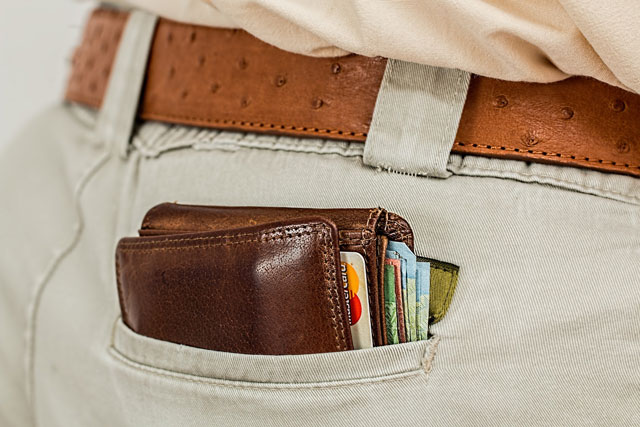
South Africa’s consumer confidence remains depressed as the economy remains in the grip of “stagflation”, the latest FNB/BER Consumer Confidence Index (CCI) revealed on Tuesday.
After plunging from -5 index points in the third quarter of 2015 to -14 in the fourth quarter, the CCI recovered lost ground to -9 in the first quarter of 2016.
However, the latest index number is still well below the long-term average reading of +5 for the CCI, and remains lower than to the lowest reading recorded during the 2008/09 recession (-6), FNB/BER said in its report. “This signals that consumer confidence remains depressed,” it said.
Despite the slight recovery in the CCI, consumer confidence remains exceedingly depressed, pointing to a low willingness to spend and utilise credit among households, the report showed.
Sizwe Nxedlana, chief economist of FNB, said the South African economy “is in the grip of stagflation”.
The slump in global commodity prices and political turmoil, low business confidence levels, a severe drought, soaring food prices and rising interest rates continue to weigh down domestic economic growth and job creation prospects, he said.
“There have also been some positive developments in recent months, which help to explain the improvement in consumer sentiment regarding the outlook for the South African economy and household finances.
“These include the (supposed) end of load shedding, an 87c drop in the petrol price between October 2015 and March 2016 and the respite in student protests over tuition fees that weighed heavily on consumer confidence levels during the fourth quarter.
“The reappointment of Pravin Gordhan as the finance minister, followed by a well-crafted February national budget, prevented consumer sentiment from deteriorating further.”
The slight improvement comes due to a resilience in consumers’ rating of their own financial positions and an improvement in the rating of the economic outlook from record lows.
The time-to-buy-durable-goods index declined by one index point to a 6-and-half-year low of -22.
“Most consumers still believe that South Africa’s economic prospects will deteriorate further over the next year and that it is not a good time to buy durable goods, but a small majority is hopeful that their own household finances will improve,” the report revealed.
The resilience in the rating of financial positions is driven largely by higher income households. “Over the last five years … high-income households have been the most confident.
“By contrast, low-income households have recorded the lowest levels of overall confidence and the lowest levels of confidence with respect to the outlook for the economy and their own finances.
“This points to pervasive income inequality.”




